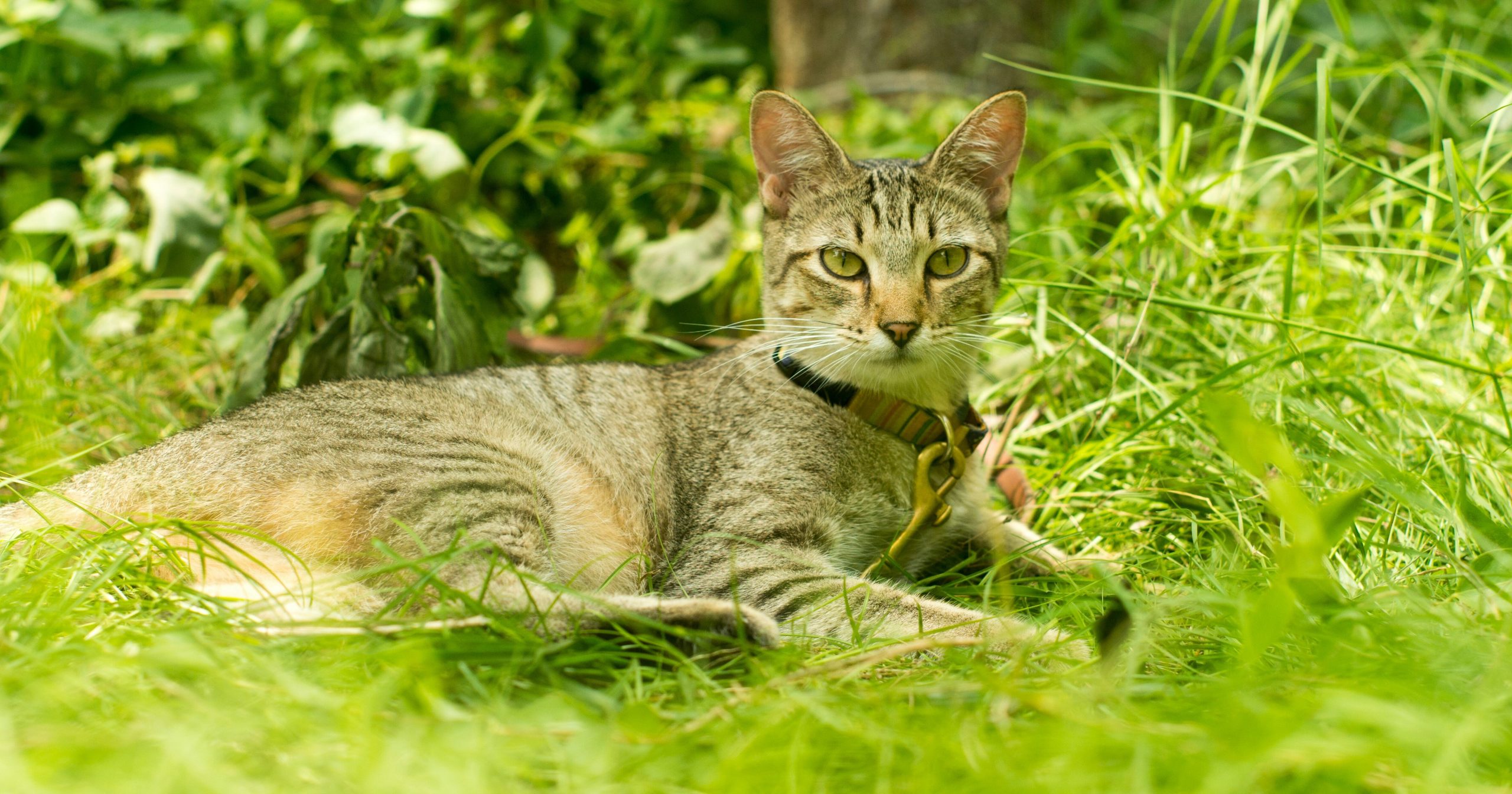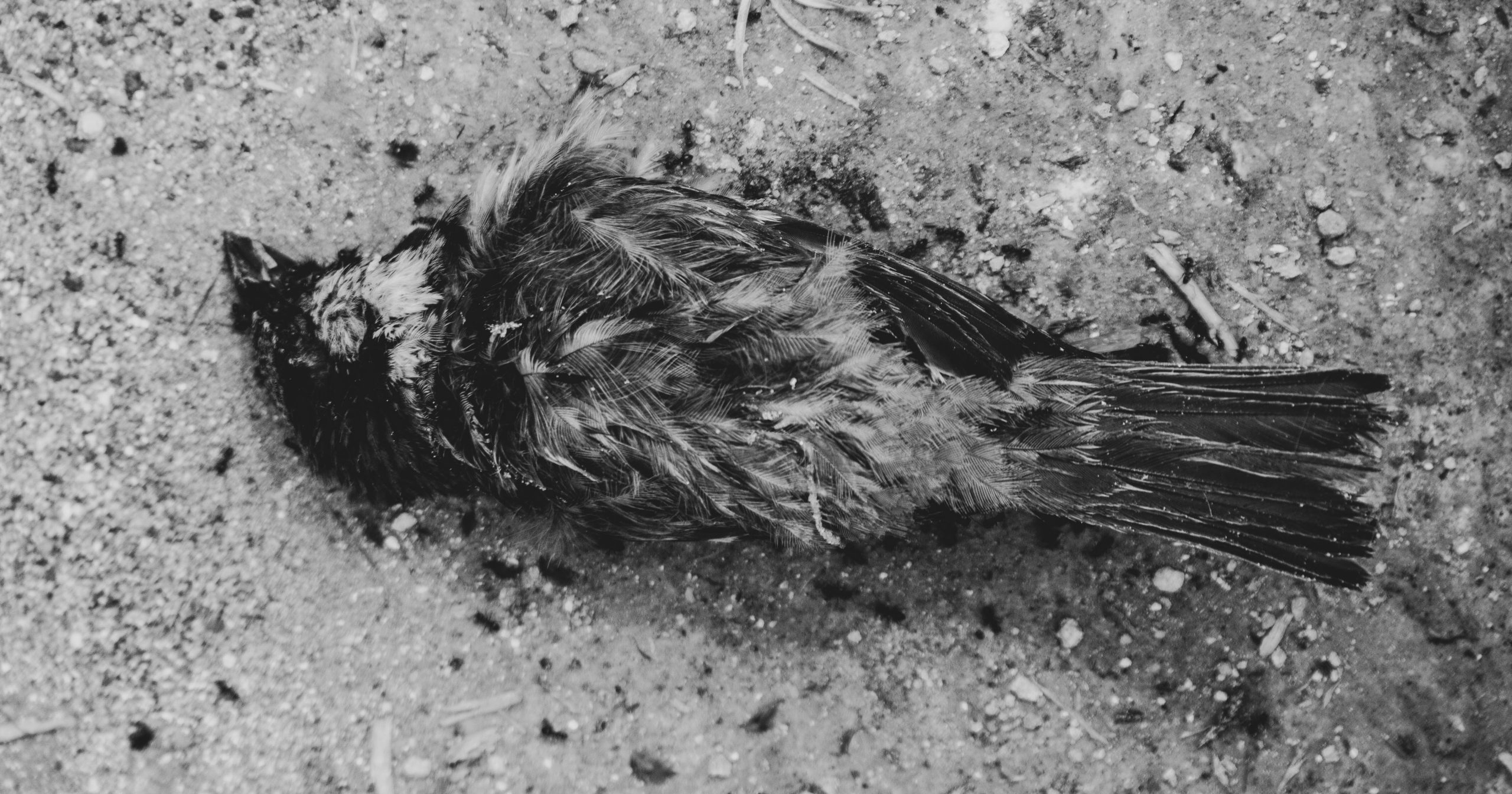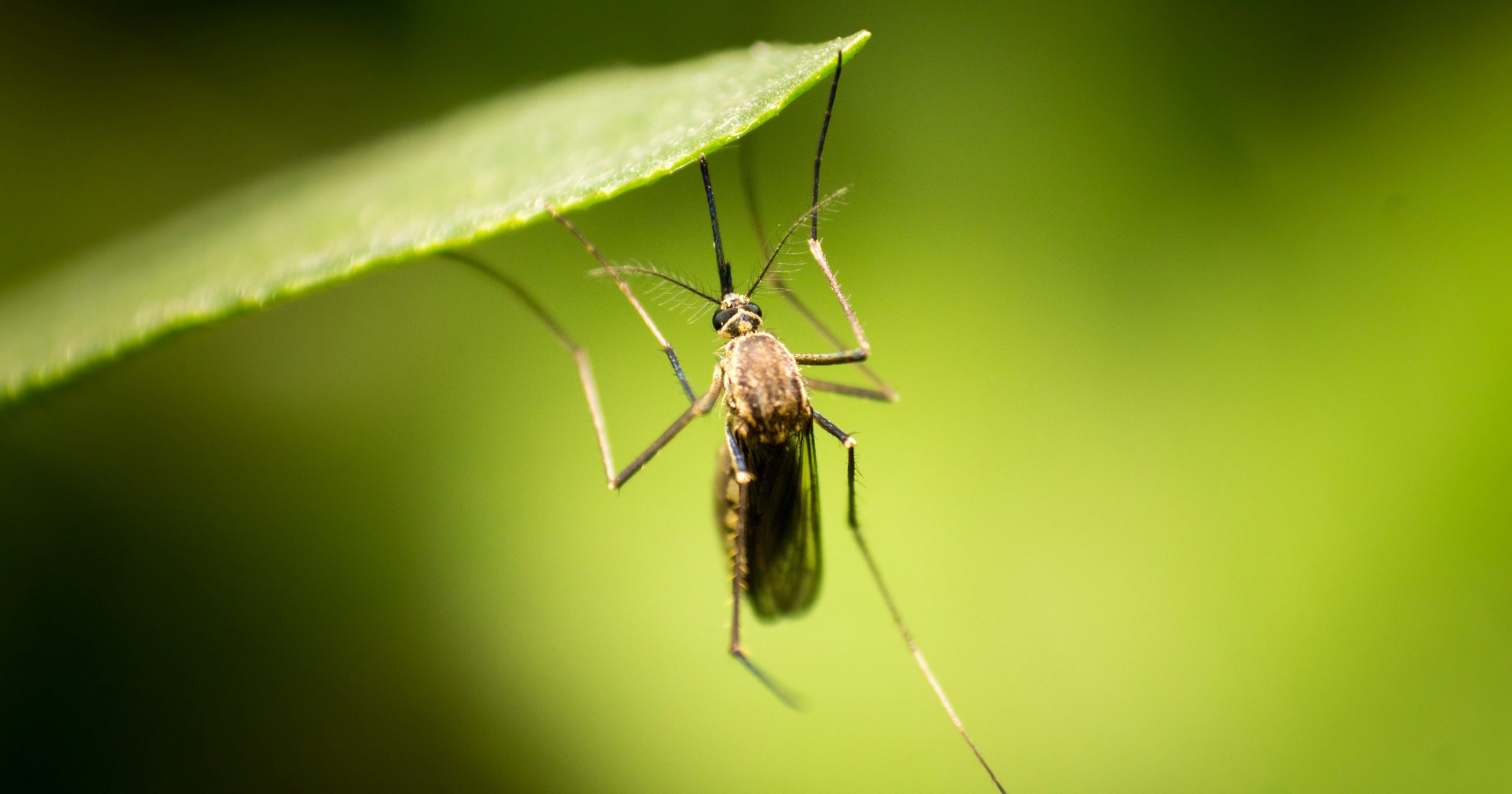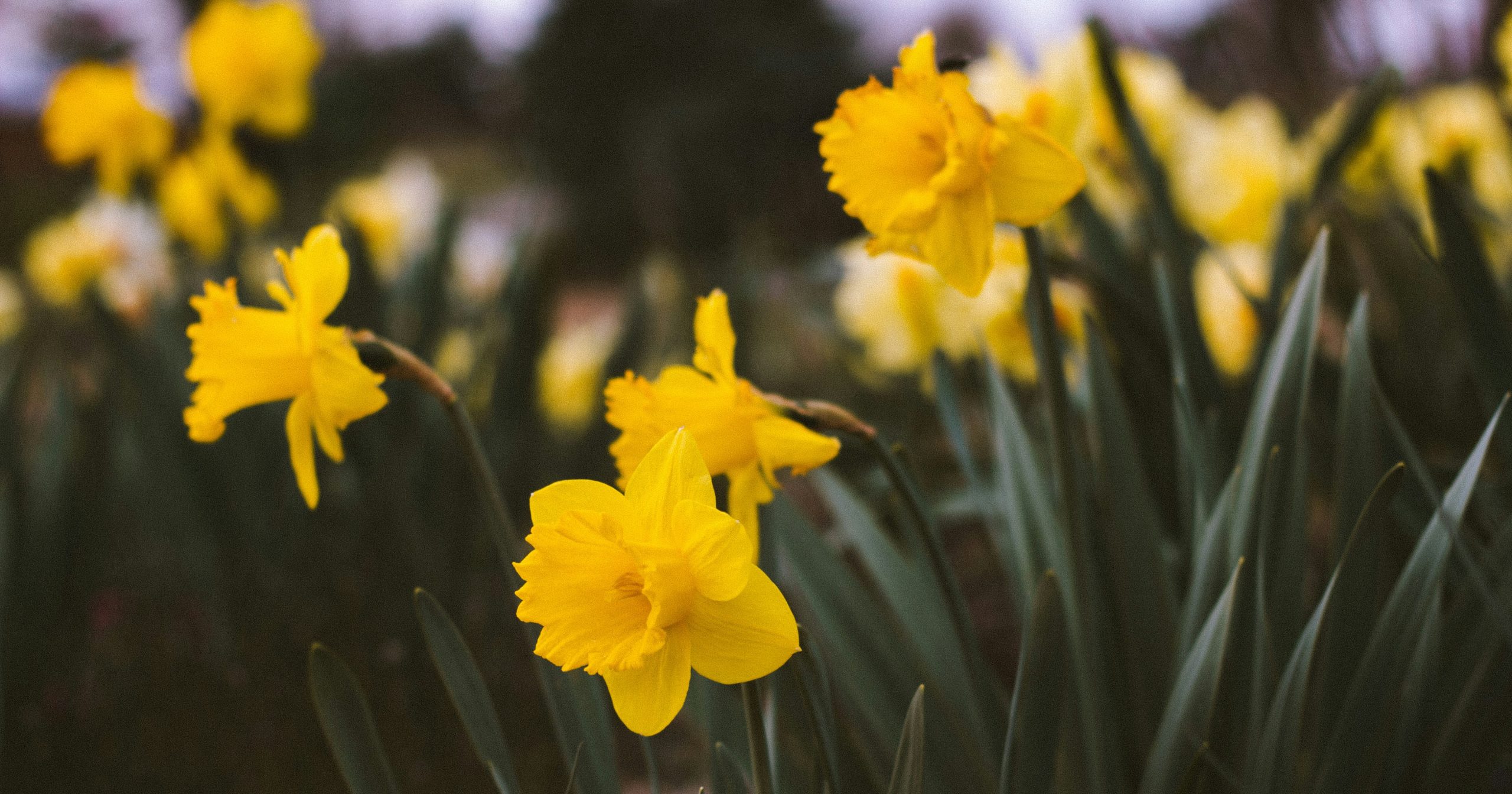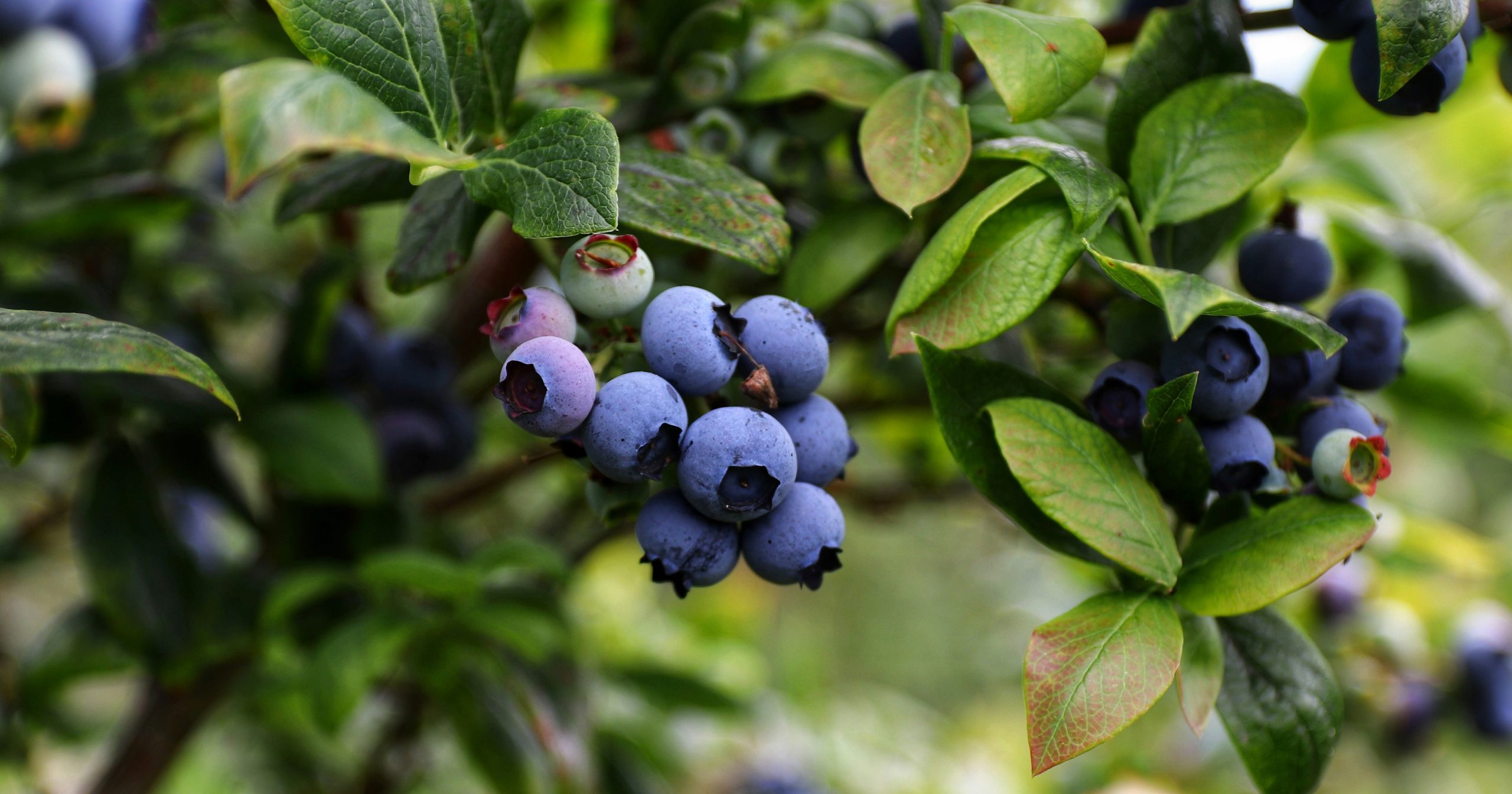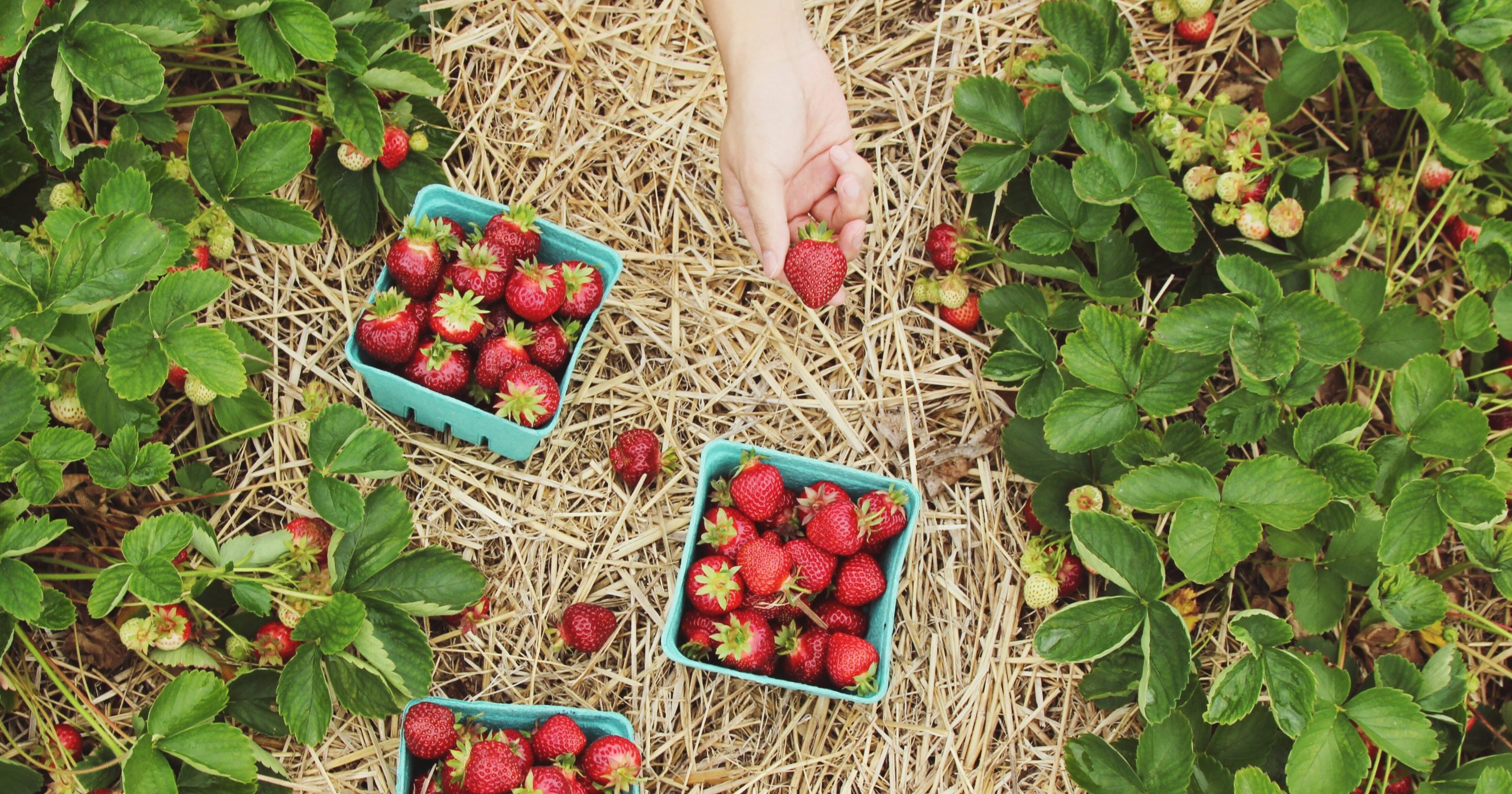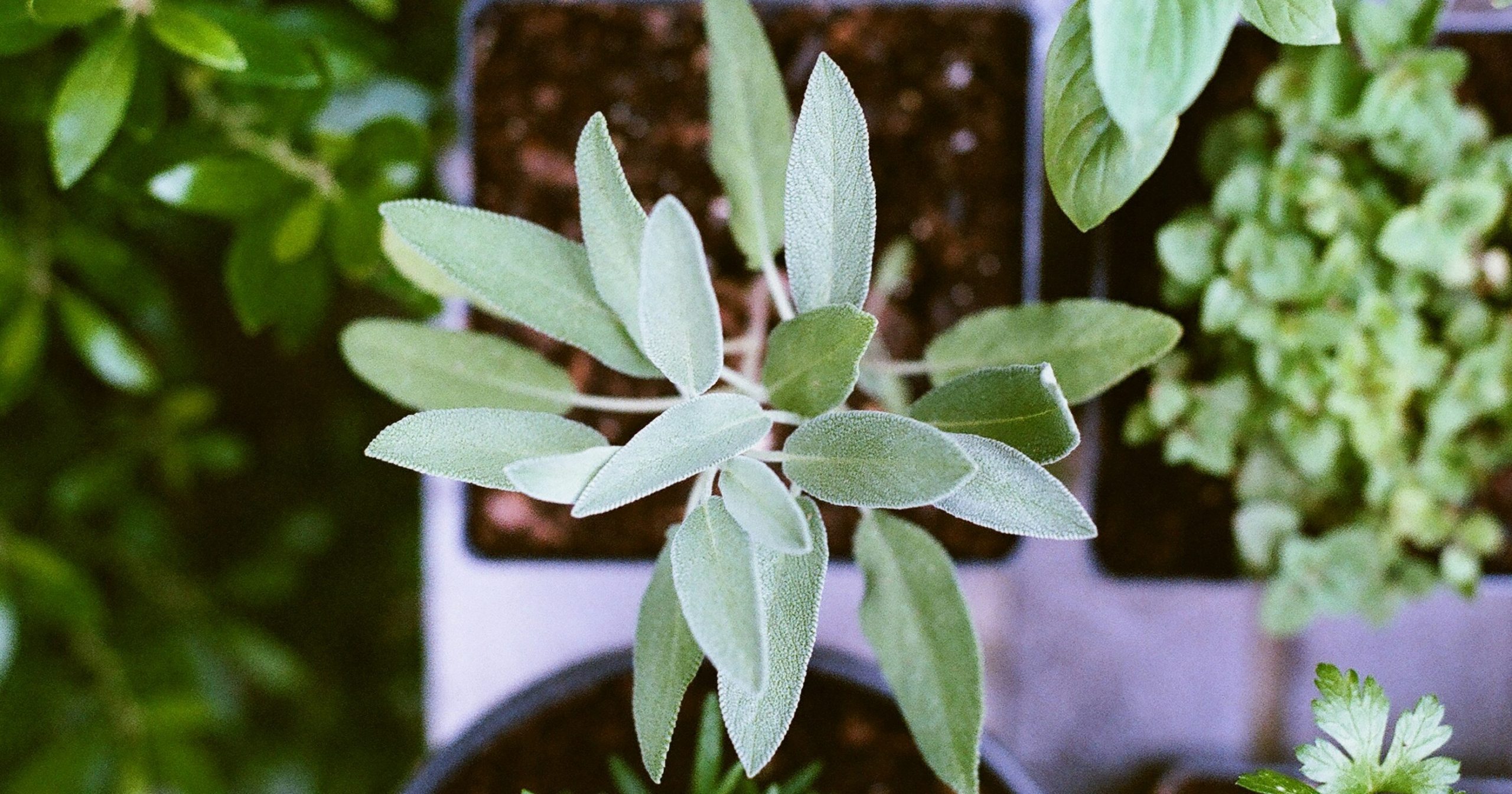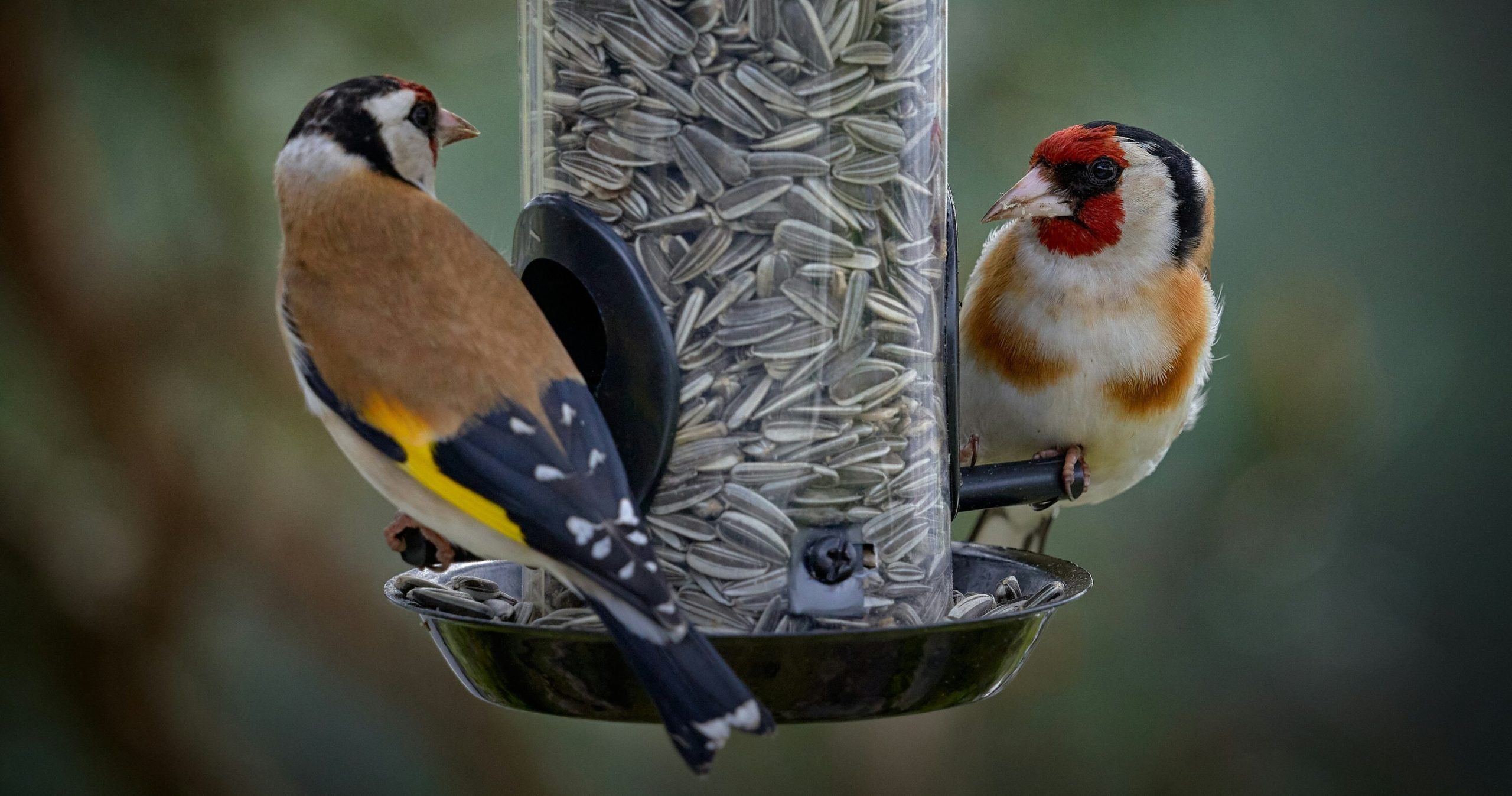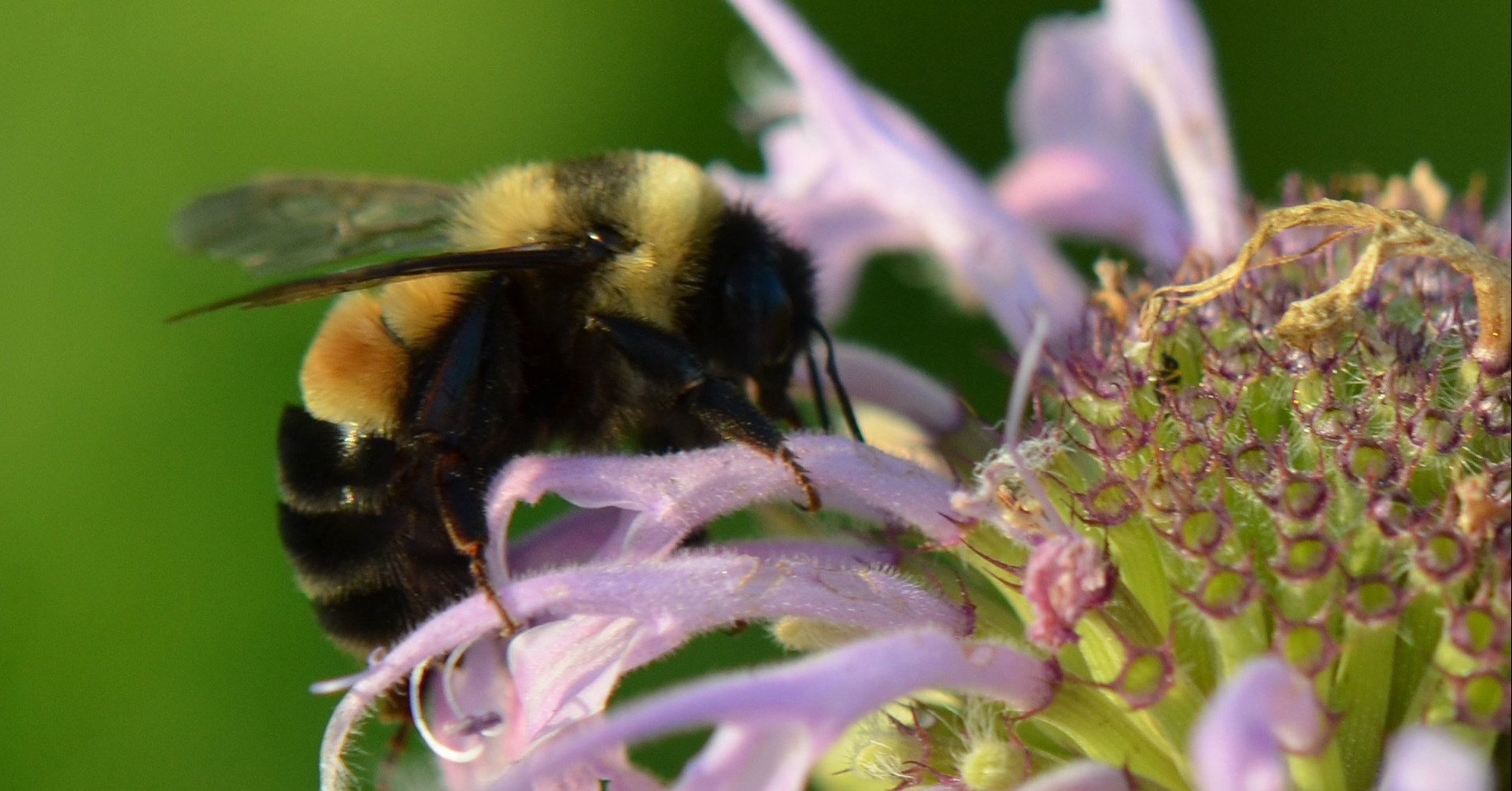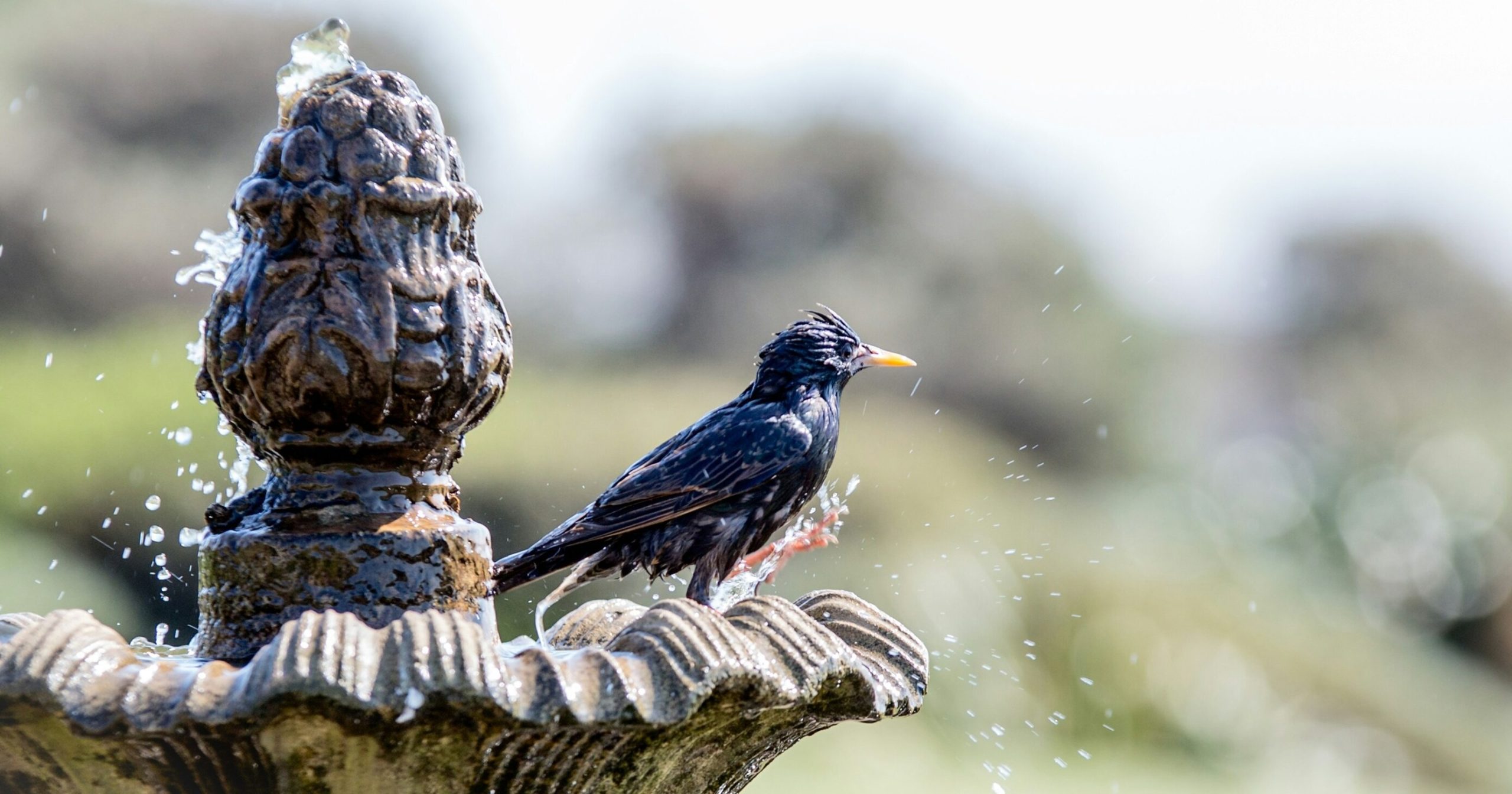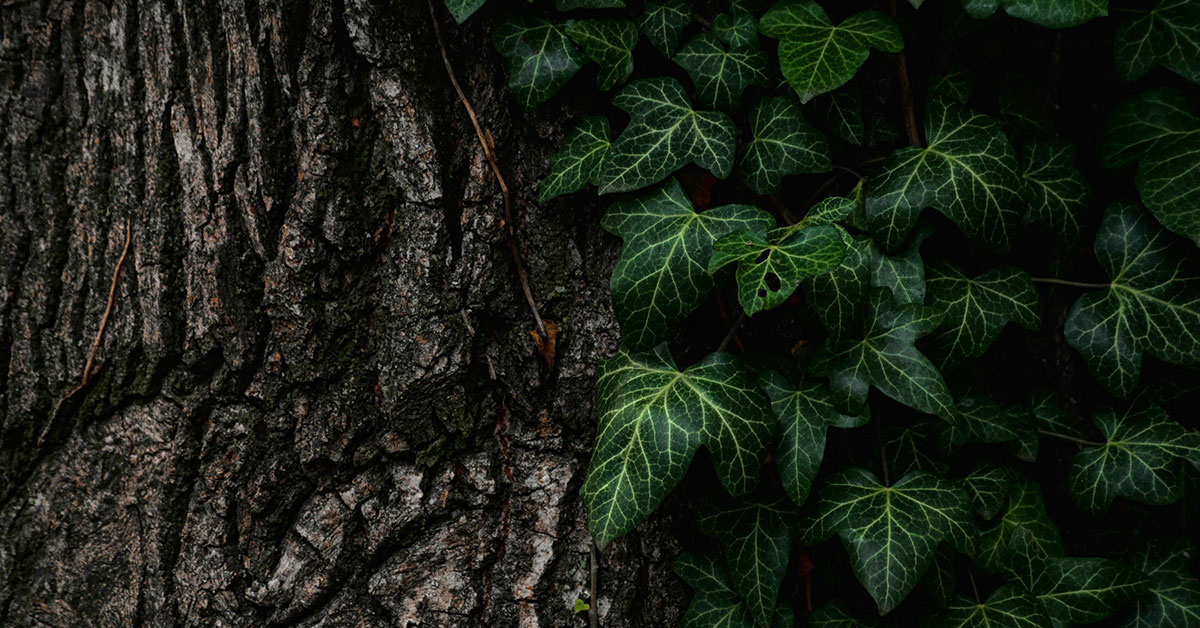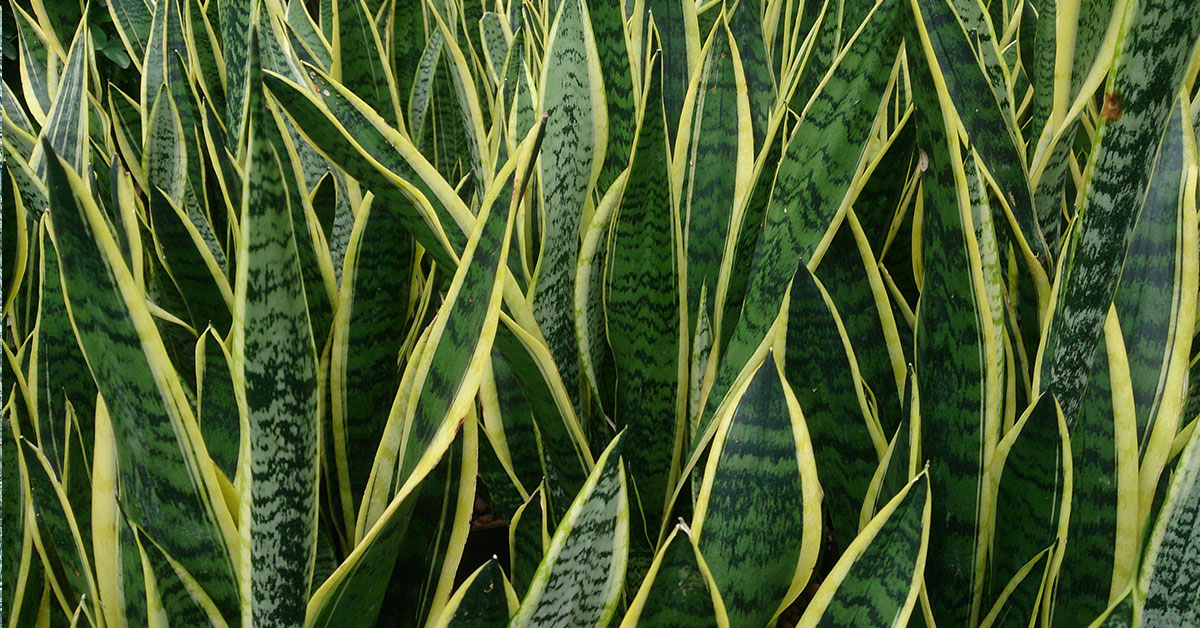Nothing stinks worse than going out to harvest some cabbage or basil only to find gaping holes in the leaves and a slimy, shiny trail all over your plants. You’ve been visited by slugs and snails! There are a few ways to prevent this from happening again though. Let’s talk about how to keep slugs and snails out of the garden.
If you have severe snail and slug issues in your garden and just can’t quite keep them under control no matter what you do, it may be good to simply avoid the plants that they like the most. These are plants that you should avoid if you have serious snail and slug troubles.
- Basil
- Beans
- Cabbage
- Dahlias
- Delphinium
- Hostas
- Lettuce
- Marigolds
- Strawberries
How to keep snails and slugs out of the garden naturally
I’ve long considered the piece of Earth that I have to tend to be a sacred space of sorts. Because of this belief, I never use synthetic chemicals. Everything I do is done in conjunction with nature, not in opposition to it. There are chemicals that you can use that are highly effective at killing snails and slugs, but I just don’t use them.
Instead, I’ve experimented with this natural snail and slug removal methods for years and have found them to be the most effective. A few of these tips you might find work well, or not well at all.
Remove them by hand
Hands down (no pun intended) the best way to keep slugs and snails out of the garden is to just remove them by hand when you find them. A good way to root them out is to water your garden at dusk, wait an hour, then go outside with a flashlight and hunt them down one by one.
A note on killing slugs and snails: I get that the reason you’re out in your garden at night, hunched over with a flashlight, is because your garden is being destroyed by pests. There is nothing wrong with eliminating a pest by killing them, but there is something wrong with killing them in bad ways.
Do not salt them. Salting slugs and snails is incredibly cruel and a slow, painful way for them to die. The two most acceptable methods for killing slugs and snails is by cutting off their heads or smashing them. This yields the quickest death. If this is the route you go, try to bury or discard the bodies. Rotting snails and slugs will attract even more snails and slugs.
Keep a few ducks
I love raising ducks. Duckling season is one of my favorite times of year. Every spring, when I’ve hatched my first ducklings for the year, I set up special snail and slug traps outside that attract but don’t kill them. My method? Just lay down a few wet pieces of cardboard on the ground. They’ll spend their days hiding under the cardboard and are easy to collect.
Once I’ve collected them, I present them to my ducklings and they go about quickly eating all of them! These snails are a healthy source of protein for growing baby ducks and they go absolutely nuts for them!
The effectiveness of ducks against snails and slugs doesn’t end there. Once they’re out plodding around in your back yard, they’ll find and eat any snails and slugs that present themselves. Ducks really are the best pest control!
Spread diatomaceous earth
Snails and slugs walk using a ‘foot’ comprised of soft, damp membranes. These pests naturally stay away from any surfaces that harm their bodily tissues. This is where things like special snail and slug fencing can come into play, but I find that spreading diatomaceous earth around my garden helps keep them away from my plants.
If these pests crawl over the diatomaceous earth, it can injure and kill them. This falls under a less humane category of getting rid of snails and slugs, but it will do the trick.
Plant mint, rosemary, and thyme
Certain plants are said to deter snails and slugs, but I’ve had mixed results. The most commonly cited are mint, rosemary, and thyme plants. On the note of rosemary, I’ve actually found them spending their days resting on the lower branches of my rosemary plants.
In most cases, I’ve found that snails and slugs aren’t repelled by these plants but simply ignore them for more favorable plants. Your mileage may vary, though. Give it a try and see if it works.
Mulch in seaweed
Seaweed is a good fertilizer for your soil and has been known to repel slugs and snails. The salty nature of fresh seaweed isn’t much enjoyed by slugs and snails. As we all know, salt + slugs and snails = bad things for them. This method only lasts so long though, as over time the seaweed breaks down.
Water during the day
Finally, choosing a smarter watering schedule that doesn’t work with the snails and slugs can hinder their voracious nature. Slugs and snails often quiet down during the day and rest, choosing to come out at night when it’s cooler and wetter.
If you water your garden at night, you’re priming these pests for a bountiful evening eating up your garden. Choosing instead to water in the morning and leave the garden mostly dry at night can help to reduce snail and slug activity in your garden.


